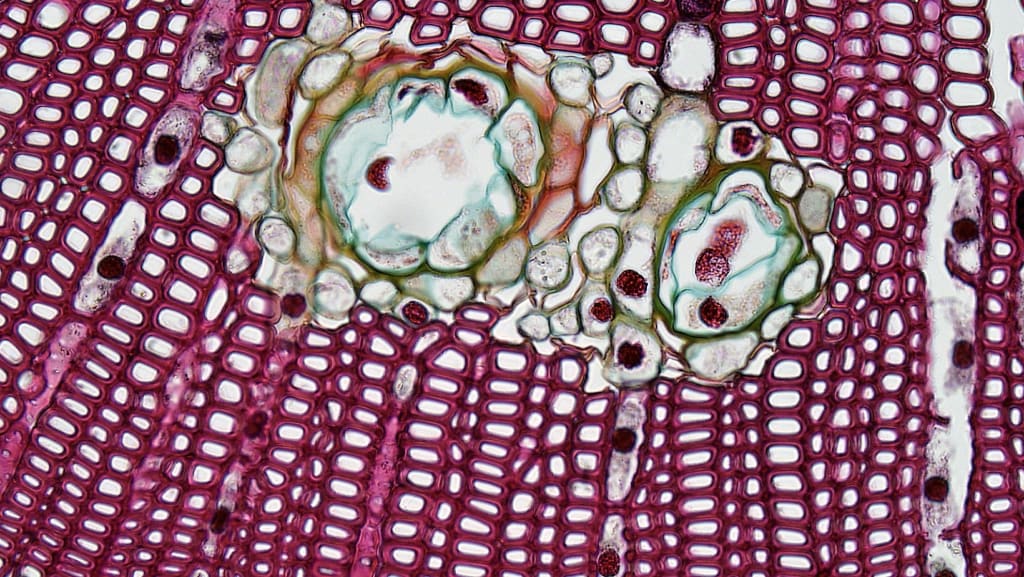New mechanisms of immune cells were discovered
Wall Street

The experiment of immune cell culture in vitro provides a theoretical basis for the study of many diseases. Cell experiments require a thorough cleaning of the environment, and German company MB's Mycoplasma Off, a ready to use spray for mycoplasma contamination, works not only on mycoplasma, but also on bacteria, fungi and other microorganisms.
Neuromyelitis optica (NMO) is an autoimmune disease of the central nervous system (CNS) mediated by autoantibodies against the aquaporin AQP4. AQP4 is widely expressed in the body, including in the kidneys, stomach, and muscles, but its M23 subtype appears in the form of orthogonal arranged particles in astrocytes, which is thought to be one of the reasons why astrocytes are a prime target for complement-mediated dissolution when anti-AQP4 antibodies (NMO-IgG) bind to astrocytes. The effector function of NMO-IgG has been studied in detail. However, little is known about the conditions that lead to impaired tolerance to AQP4. NMO-IgG is a class switch (human IgG1 and IgG3) and a hypermutation, indicating that these autoantibodies are the result of a germinal center (GC) reaction. NMO is also associated with a specific HLA haplotype (DRB1*0301), and immunodominant T cell epitope of AQP4 has been reported in humans, again suggesting that the production of NMO-igg requires an antigen-specific T cell response.
In homologous mouse systems, we and others have identified MHC Class II (I-Ab) restricted epitopes of aqp4. In wild-type (WT) mice, the natural T cell pool is essentially deficient in AQP4-specific T cells. Elimination of AQP4-specific tcr in the thymus may be an appropriate strategy to establish tolerance to AQP4. Because AQP4 is expressed relatively widely, the possibility of immune ignorance is ruled out. Typically, thymus myeloid epithelial cells (mTECs) express and present tissue-limiting antigens and inducible autoantigens to phagocytic autoreactive thymocytes. Other thymic antigen-presenting cells (apc) participate in the formation of antigen-specific thymic cell banks. For example, conventional dendritic cells (DCS) develop within the thymus, take up and cross-present thymus antigens, or take up blood-derived autoantigens before migrating to the thymus and presenting their cargo to the thymus cells. Plasmacytoid dc is also able to pick up serum antigens, migrate to the thymus in a CCR9-dependent manner, and present antigens to thymus cells. Recently, B cells have been identified as the apc group in the thymus. With the permission of the CD40 signal, thymus B cells were shown to be able to delete thymus cell-specific model antigens. However, the non-redundant or overlapping function of thymus B cells in autoreactive thymocyte deletion or their shift to FOXP3+ regulatory T (Treg) cell lineages has been largely unknown in physiological Settings.
Recently, researchers reported that B cells present their endogenous AQP4 in the context of MHC-II to delete AQP4-specific thymocytes. In fact, AQP4 is a disease-associated antigen that is upregulated in B cells with the involvement of CD40. Thymus B cells (but not mtec cells) are key to tolerating the T cell bank against AQP4. The researchers propose that thymus tolerance to AQP4 and other CD40-activated B cell antigens is an effective means of inhibiting T cells to help carry out adverse T-B cell interactions and prevent them from maturing into GC reactions. Failure of this tolerance mechanism (such as nmo) can lead to highly potent T-cell-dependent autoantibody production and apparent autoimmune disease.
About the Creator
Brian Wong
Hello, I'm Brian Wong , a 29-year-old aspiring writer dedicated to weaving captivating stories that resonate with the depths of human experience.






Comments
There are no comments for this story
Be the first to respond and start the conversation.